Certificates for Food Processing Companies in Belgium and the Netherlands: The Necessity, The Impact and The Return
- Monday 15 April 2024
- By: BOONS FIS
- Category: Hygiene equipment
In Belgium and the Netherlands, as in many other countries, certificates play a crucial role in the food processing industry. These certificates not only serve as proof of the quality and safety of products but also as an essential instrument for building trust among consumers and business clients.
The Necessity
For food processing companies, these certifications are an important part of their operational and strategic activities. They serve as quality assurance towards the market and regulatory authorities and can have a significant impact on accessing new markets and retaining existing market shares.
The Impact
The impact of these certificates on companies is versatile. On one hand, the processes involved in obtaining and maintaining certificates can be time-consuming and costly, requiring regular audits and potentially significant adjustments to production processes. On the other hand, they offer a competitive advantage by enhancing the credibility and reliability of the company, which is essential in an industry where food safety and quality are paramount. Moreover, certain certificates, such as HACCP (Hazard Analysis Critical Control Point), BRC (British Retail Consortium), and IFS (International Featured Standards), are often requirements for operating in or exporting to certain markets, making them indispensable for companies seeking (international) expansion.
The Return
In this context, it is clear that the role of certificates in the food processing industry should not be underestimated. They not only serve as a passport to international markets but also enhance the operational quality and efficiency of the companies themselves. This has a direct impact on the economic health of the company and on consumer safety and satisfaction.
What is What?
Food processing companies must meet with various certificates and standards ensuring the food safety, quality, and traceability of their products. Here is an overview of some of the key certificates:
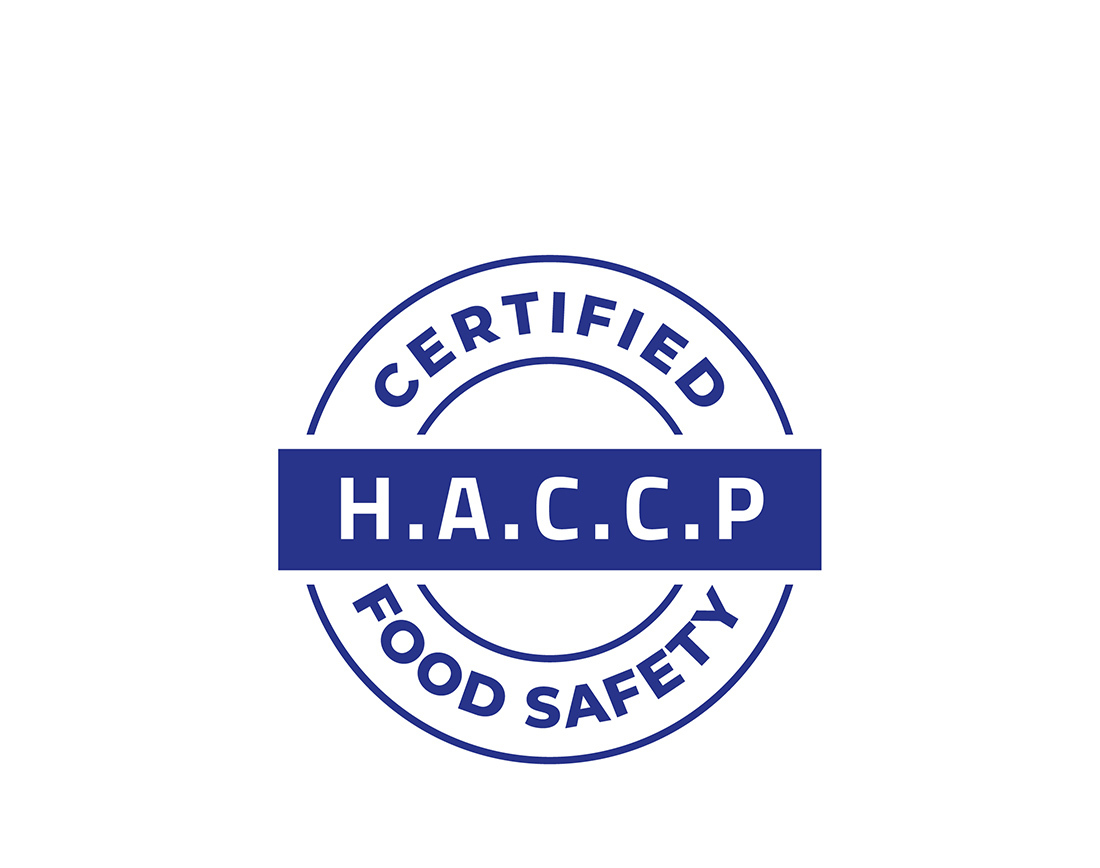
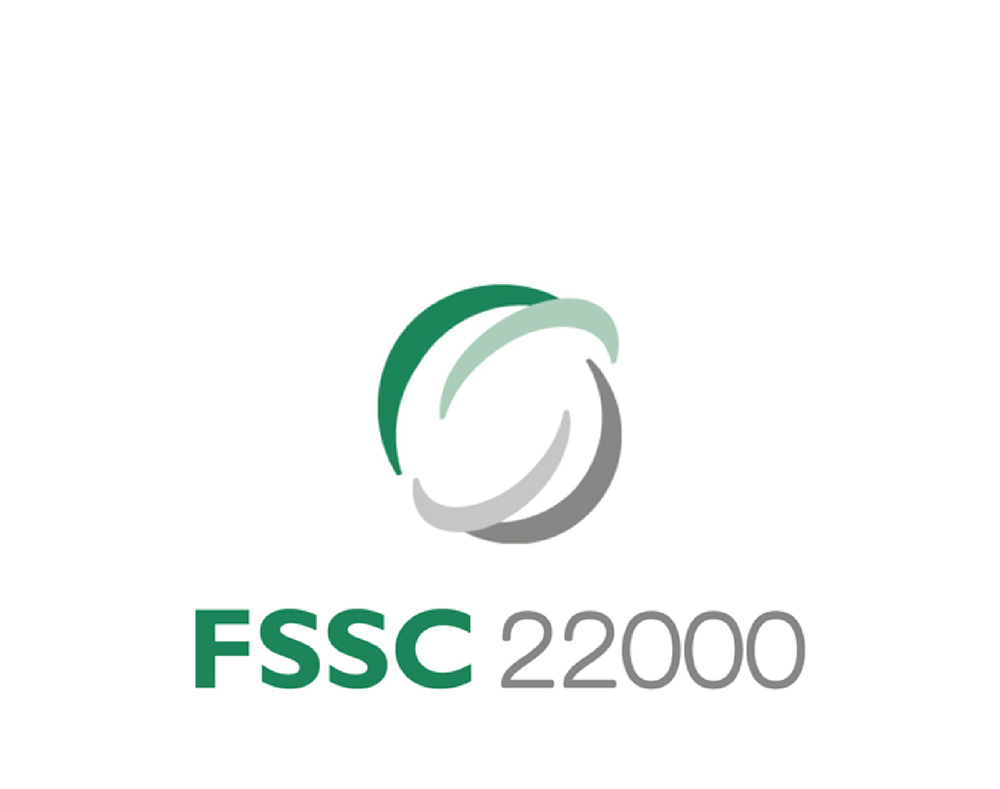
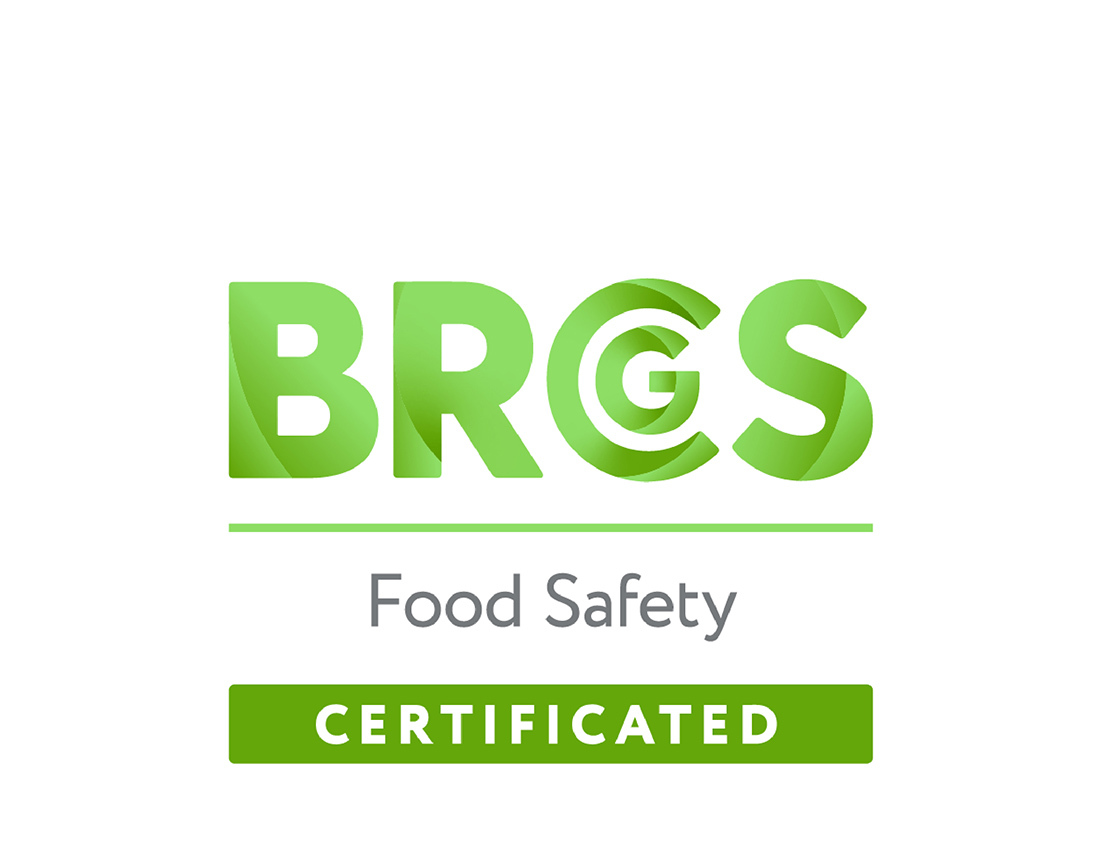
HACCP (Hazard Analysis Critical Control Point)
This is an internationally recognized system of risk analysis and critical control points that helps food processing companies identify, evaluate, and control food safety risks. The HACCP certificate is essential for all companies dealing with food, from production to sale.
FSSC 22000 (Food Safety System Certification)
This certification is based on an ISO standard and specifically designed for the food industry. It provides a framework for effective management of food safety and quality. FSSC 22000 is globally recognized and suitable for all companies in the food chain.
BRC (British Retail Consortium) Global Standard for Food Safety
Although originally a British standard, BRC is globally recognized and widely used in the food industry. It imposes strict requirements on quality control and management of food safety risks within food processing companies.
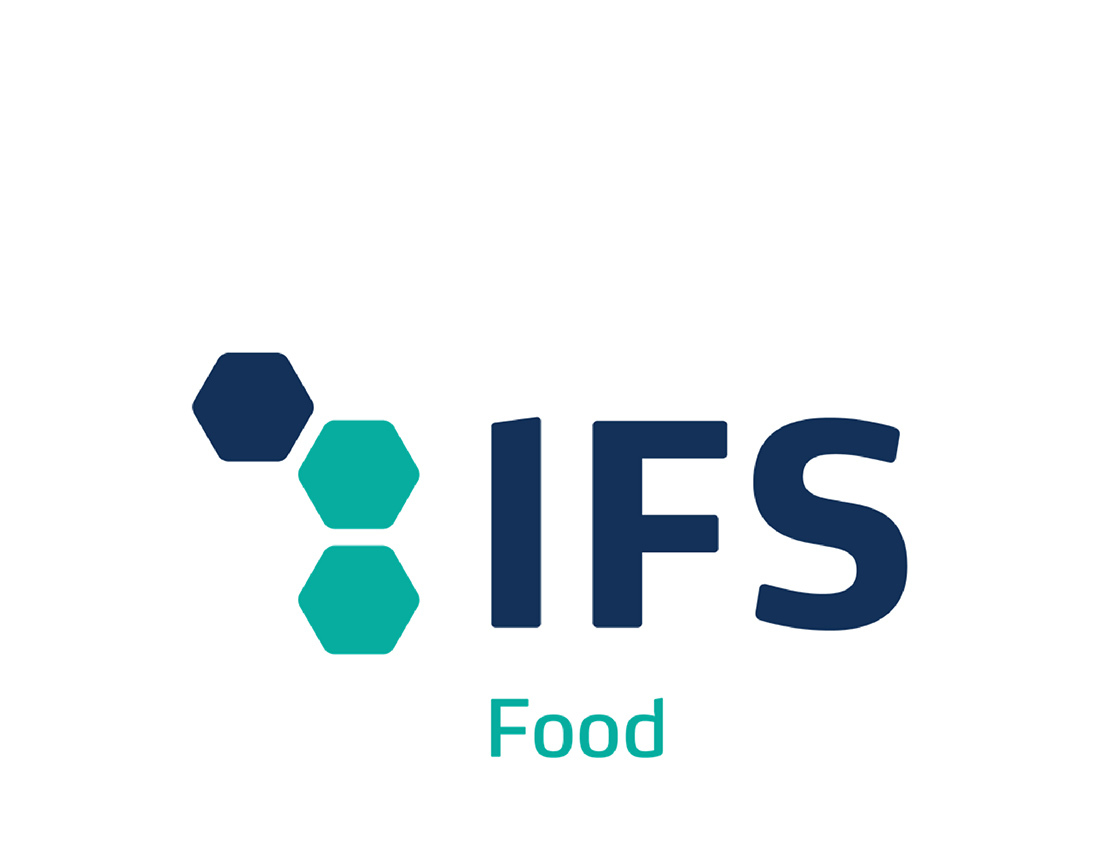
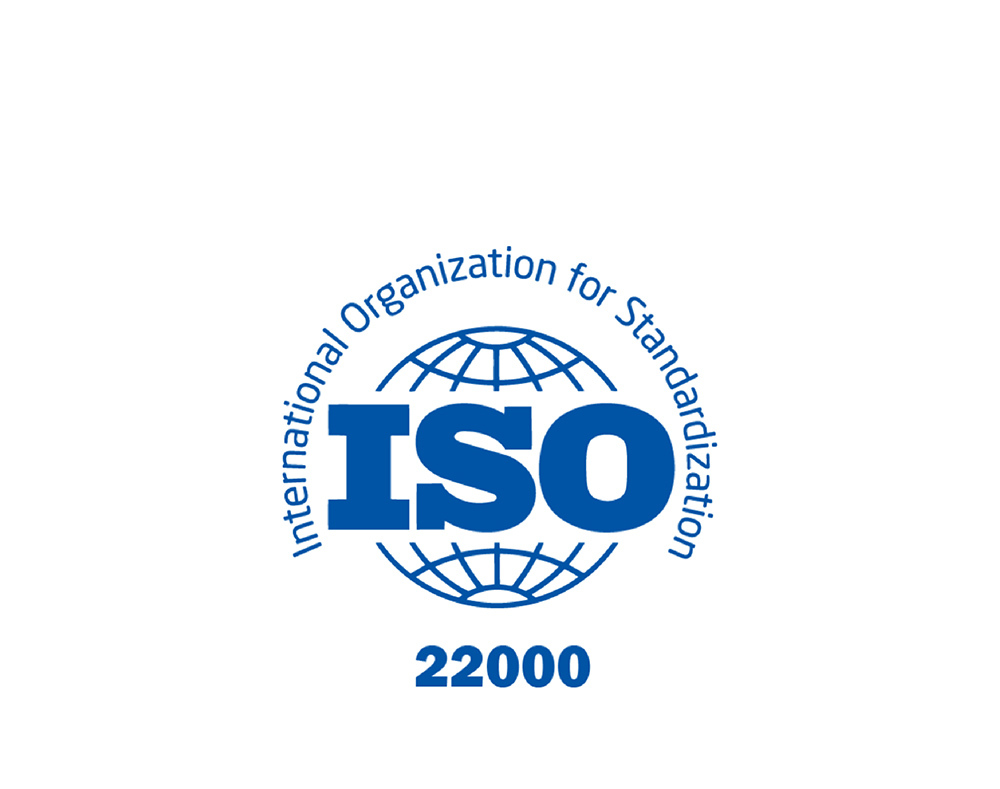
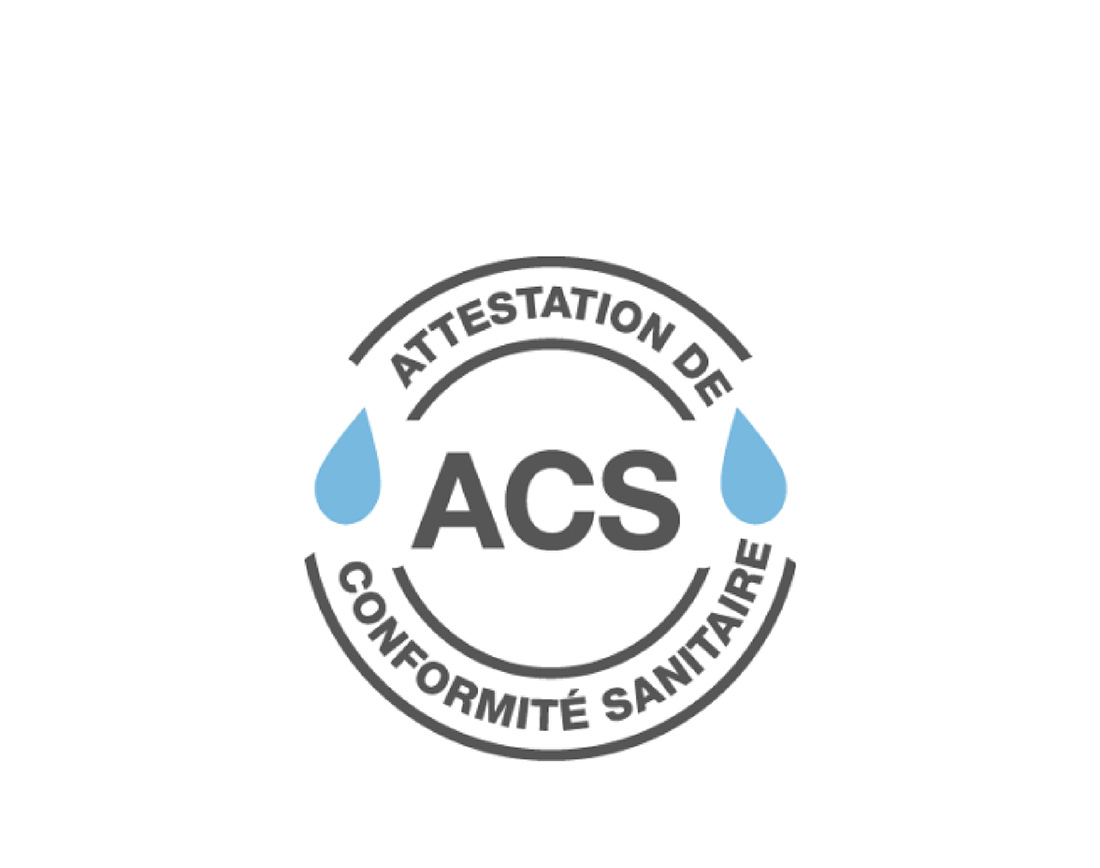
IFS (International Featured Standards) Food Standard
This standard is similar to BRC and focuses on food safety and the quality of processes and products within food processing companies. IFS is recognized by both European and international retailers outside the EU.
ISO 22000
This is an international standard specifying the requirements for a food safety management system. It applies to all organizations in the food chain, regardless of their size or complexity. ISO 22000 helps organizations meet all food safety-related legal requirements and customer demands.
ACS (AutoControl System)
Specifically for Belgium, this system has been developed by the FASFC (Federal Agency for the Safety of the Food Chain). The ACS certificate indicates that a company complies with national regulations regarding food safety and is evidence of the implementation of a self-control system.
The Conclusion
Complying with these certificates is crucial for food processing companies in Belgium and the Netherlands. It not only ensures compliance with legal requirements but also enhances the trust of consumers and business clients in the safety and quality of their products. Additionally, these certifications can have a positive impact on international trade and the market position of companies.
